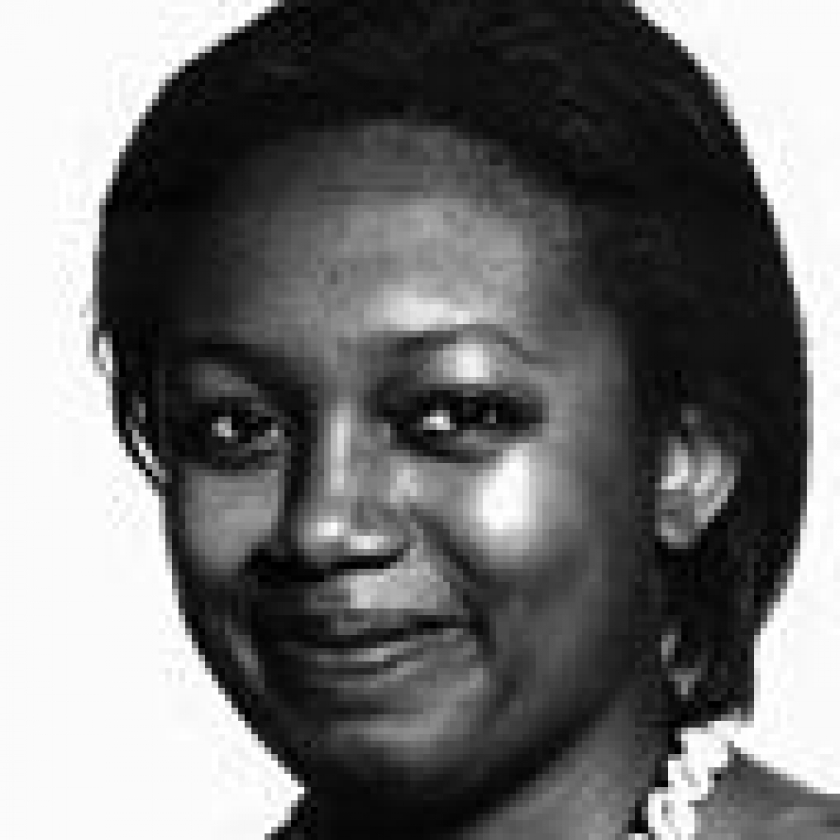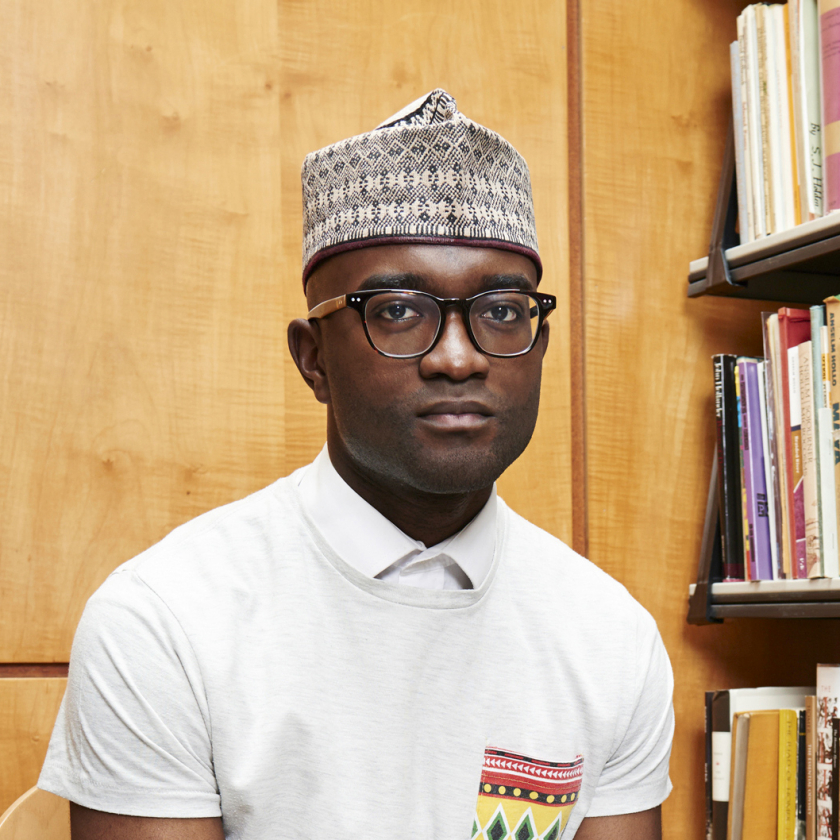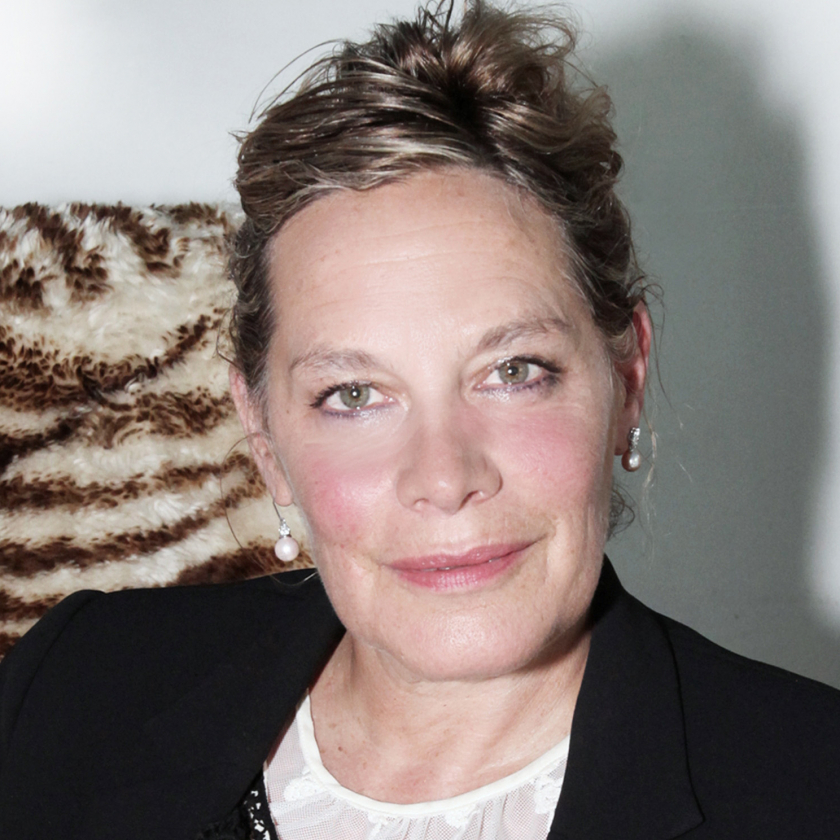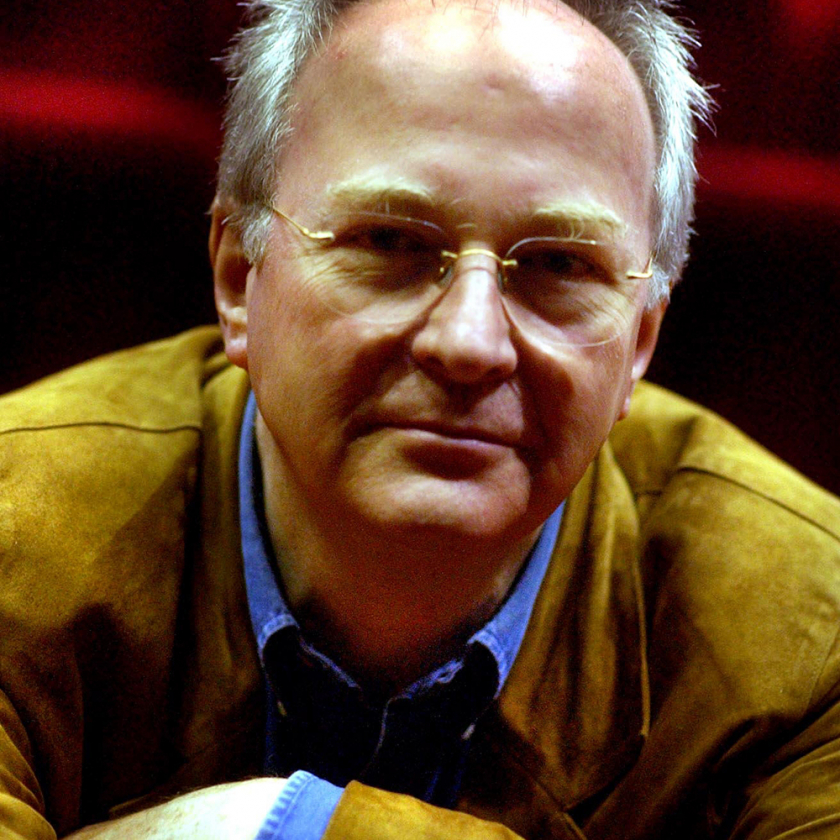Like moons, Ancient Greece and adolescence, spring has given writers inspiration for centuries. “To what purpose, April, do you return again?” asks Edna St Vincent Millay, noting the “redness / of little leaves” and “the spikes of the crocus”. To Shakespeare, this time of year puts “the spirit of youth in everything”; for Seamus Heaney, it comes when “the meadow hay [is] buttercupped and daisied”.
To each of these poets, spring happens outside. Only Langston Hughes notes how its rain “plays a little sleep-song on our roof at night”, suggesting that there are ways for spring to be noticed and recorded by those of us indoors.
For many this year, a different spring has come. How we respond to it, and describe it, has changed as well. Deborah Levy, in her recent lockdown diary, turns her focus slowly inwards – from her neighbours, to her TV set, to her dreams – but also outwards, writing of the UK’s political situation and her gratitude for the nation’s emergency services. Without nature to lean on, the things we use to explain the patterns and revelations of the year are changing. The interior space takes over: the house, the mind.
What else might change, for readers and writers? For those with 9-to-5 employment, the clearly marked hours of the commute have gone; for parents, the time when their children are usually at school or nursery. As many have noted, this has affected us creatively: when we might once have been reading and writing, or when we could expect to be alone, we can no longer be so sure. Not just what we write about, but the time and space we carve out for literature, has shifted.
What might we learn in this new space? What techniques and traditions might we lose, or discover? How might each nation’s culture change depending on the type of lockdown it has had – longer, shorter, more or less strict? This week, the Literature on Lockdown blog presents links that recognise some of these changes. New digital festivals have been created in response to quarantine, as well as writing prompts to keep students busy. Two writing competitions have extended their deadlines. A book group in two languages appears, allowing readers to consider how each culture might reflect a different history – a different literary tradition, or readerly focus – to the other’s.
Each of us faces quarantine differently; whether alone, nationally, or globally.
To the summer!
Read
Authors including Deborah Levy, Philip Pullman, and Malorie Blackman are responding to the crisis by contributing essays to Penguin’s online series Penguin Perspectives, exploring how Covid-19 brings issues of the personal and the political to the fore. Among the most recent contributions is Jung Chang’s piece, "My Chinese Family at the time of Coronavirus", about “the challenges and sadness of being separated from family” – most notably of the author’s 89-year-old mother.
Offering the public a bite-sized reading experience, Spread the Word have created a full online programme around their London Short Story Prize. As well as showcasing the shortlisted stories in turn – featuring them individually as a "story of the day" – they are also running an online book club on Twitter on 7 May. For those who haven’t been reading the stories already, you can download the entire anthology for free from their website and catch up.
Organisations worldwide also continue to offer readers new work and classic material for their archives. ArabLit are releasing a piece from their archives every Monday – this week’s is the story “Eyes Shut” by Rami Tawil, translated by Nashwa Gowanlock – while the PEN Transmissions Digital Literary Salon features a conversation between Irenosen Okojie and The Literary Consultancy's Aki Schilz about bodies, musicality, and placing black women at the centre.
Participate
As questions of travel hang over many of us, different countries are still finding ways to come together. Institut Français has launched its Virtual Live Reading Group, featuring literature by Francophone writers in the original French and in English translation. Readers of either language can join the discussion: their upcoming selection is French-Rwandan writer Scholastique Mukasonga’s Notre Dame du Nil (or, in English, Our Lady of the Nile).
Two pieces of good news for aspiring writers, both internationally and in the UK. The Queen Mary Wasafiri New Writing Prize and the Primadonna Prize have extended their deadlines, to give those struggling with finding time and space to write more of a chance to finish their submissions. Open to writers of all ages and nationalities, the Wasafiri deadline is now 15 June; all shortlisted writers will win a meeting with Nikesh Shukla, on behalf of the The Good Literary Agency, to discuss their work and their careers. Meanwhile, UK writers have until 27 July for the Primadonna Prize, with the organisers saying they want to give entrants “the option to explore the current, extraordinary times we are living through”. The theme for entries is “the more things change”.
Tickets are now on sale for Poetry + Film Hack’s latest event, a shared screening of Clueless in which viewers will watch the film using Netflix’s Party app, while writers including Nii Ayikwei Parkes, Michelle Tiwo and Inua Ellams contribute live readings of poems that will “expand, deepen or highlight” the themes in the film and the experience of watching it.
Discover
For those in Ireland who want to celebrate their culture, or those looking to discover more about Irish literature, the Cúirt International Festival of Literature – which took place digitally from 23-25 April this year – has made all of the festival’s events available to watch on YouTube. Featured authors include Eimear McBride, Anne Enright and Sara Baume. Meanwhile, the Seamus Heaney HomePlace has launched "Keeping Going", a virtual programmes of readings, performances and discussions, featuring Irish writers such as Stephen Sexton and Maureen Boyle, and the singer-songwriter Anthony Toner.
gal-dem magazine has created a six-episode podcast series, “Growing Up with gal-dem", in which Liv Little and Charlie Brinkhurst-Cuff invite writers and speakers – including Candice Carty-Williams, Munroe Bergdorf, Naeem Davis and more – to “respond to their old diary entries, text messages, or letters from their younger selves” – and create conversation about growing up. A recording of gal-dem's live event with Reni Eddo-Lodge, Mariam Khan and Anita Sethi also features among the forthcoming episodes.
If you’re one of the writers that Wasafiri and Primadonna were thinking of when they moved their entry deadlines, and are struggling to find time and space to create during the lockdown, Sway author Dr Pragya Agarwal has launched a series of “Tea Time Lit Chats” – short, 10-15 minute conversations with authors, taking place every day, to look at how lockdown is having an effect on their writing, what their biggest challenge is, and how they are tackling it.
Children’s
Education and literacy charity First Story, and the National Writing Day coalition, have launched #WriteFromHome – a bank of online writing resources to help students stay creative under lockdown. Weekly tutorials will begin with one delivered by Cecilia Knapp on the theme of identity, with tutorials from writers including Dean Atta, Andrew McMillan and William Fiennes still to come.
While many festivals and ongoing initiatives are adapting to the lockdown, others are being created out of our current circumstances. The Everywhere Book Fest is “a virtual gathering of kidlit authors, illustrators and books”, featuring Jason Reynolds, Vashti Harrison, and Aiden Thomas among others; while UN Messenger of Peace Dr Jane Goodall has launched Storytime with Dr Jane – a series of online events in which she reads some of her favourite picture-books for children, focusing on her love of animals and the natural world.
While First Story’s work is focused on older children and Dr Jane Goodall focused on younger, the Scottish Book Trust is reaching out to all age groups. Each week, they will highlight three past broadcasts – one for lower primary-age students, one for upper primary, and one for secondary school readers – for children to watch alone or with family. Each broadcast will have a set of learning activities, all through the Authors Live on Lockdown section of the Trust’s website.
Next week, we’ll be looking at New Writing North’s project to support new writers from working-class backgrounds, and exploring None On Record’s new podcast about the life stories of queer Africans.




